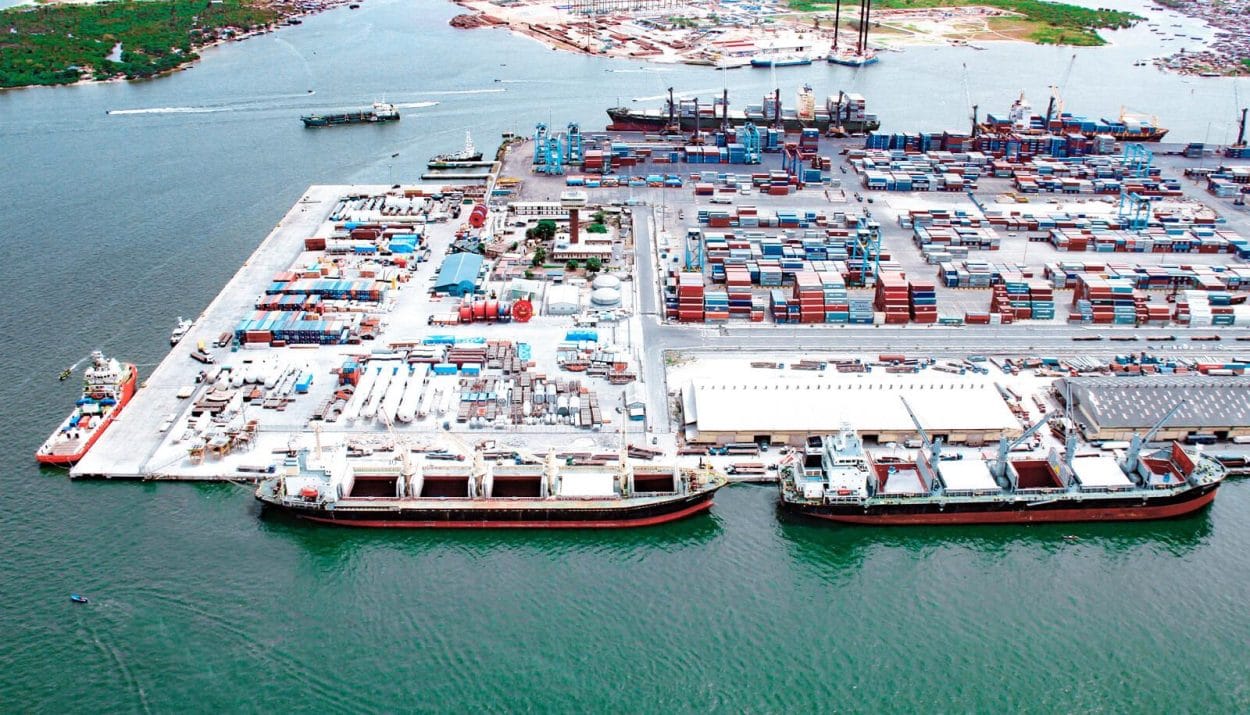Nigeria has announced its intention to launch the single-window port system to boost trade exchanges and offer competitive costs to operators in Nigerian ports.
By streamlining operations, improving transparency, and minimizing delays, "this system not only enables cost savings but also contributes to trade facilitation," said Nigeria's Minister of Maritime and Blue Economy, Adeboyega Oyetola, during a forum on the implementation of the single-window system held in Lagos.
He added that the operationalization of the single-window system is a vital initiative to increase trade volumes in the ports, highlighting that this project demonstrates the government’s commitment to modernizing trade processes and optimizing the use of marine resources.
"Nigeria’s maritime and blue economy represents an untapped goldmine. It encompasses a wide range of activities, from maritime transport and fishing to renewable energy and coastal tourism," stated the minister, emphasizing that despite its immense potential, the maritime and blue economy faces several challenges, such as inefficient port operations, bureaucracy, and a lack of coordination among stakeholders.
To address these challenges, the minister highlighted the need to establish the single-window port system to promote an efficient, integrated, and secure logistics ecosystem. In Nigeria, maritime trade accounts for 80% of the means of transport for international trade. Activities are distributed across the six ports controlled by the Nigerian Ports Authority (NPA), with Apapa and Tin-Can ports being the two main Nigerian ports for maritime transport.
The source of the article is l'observateur






